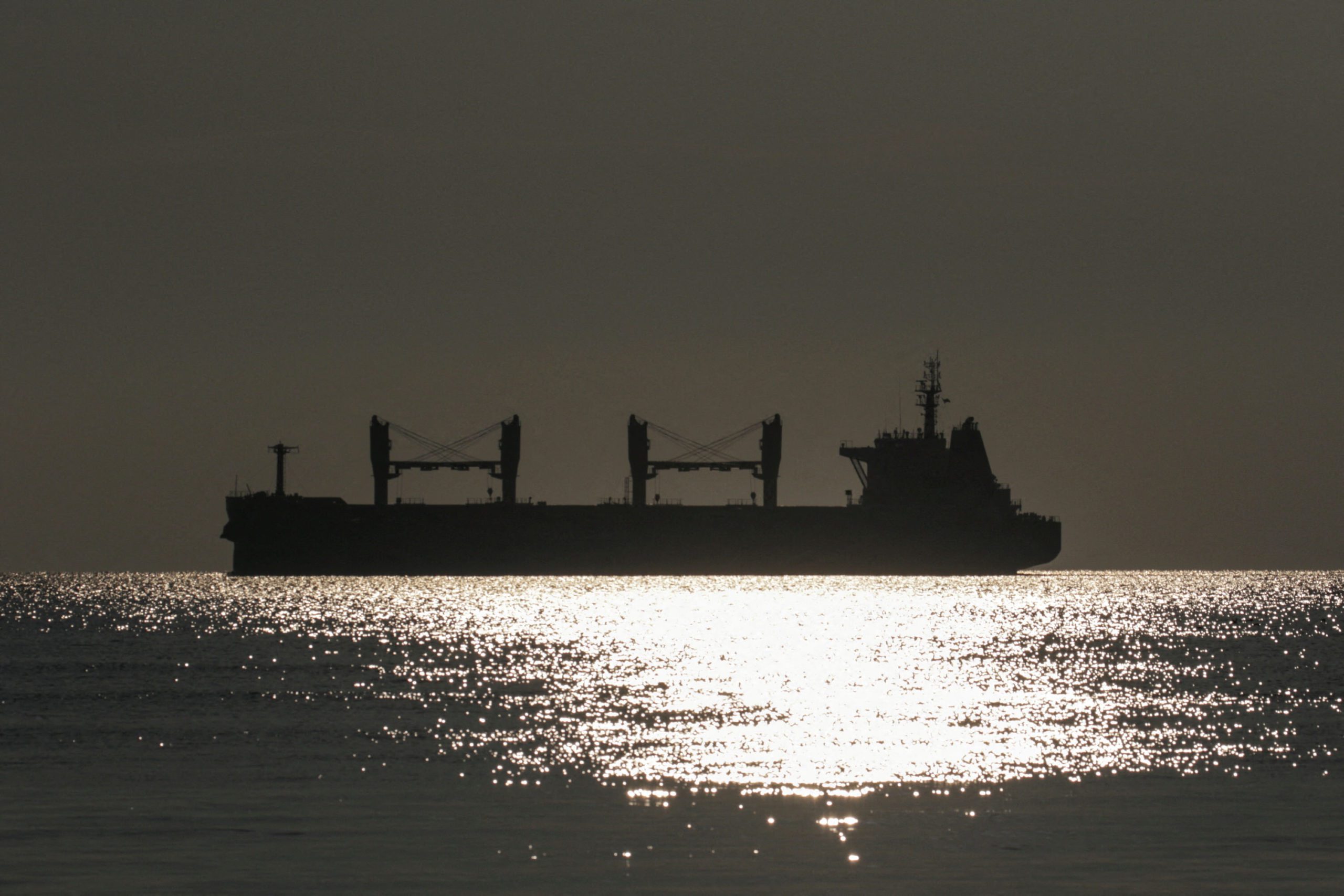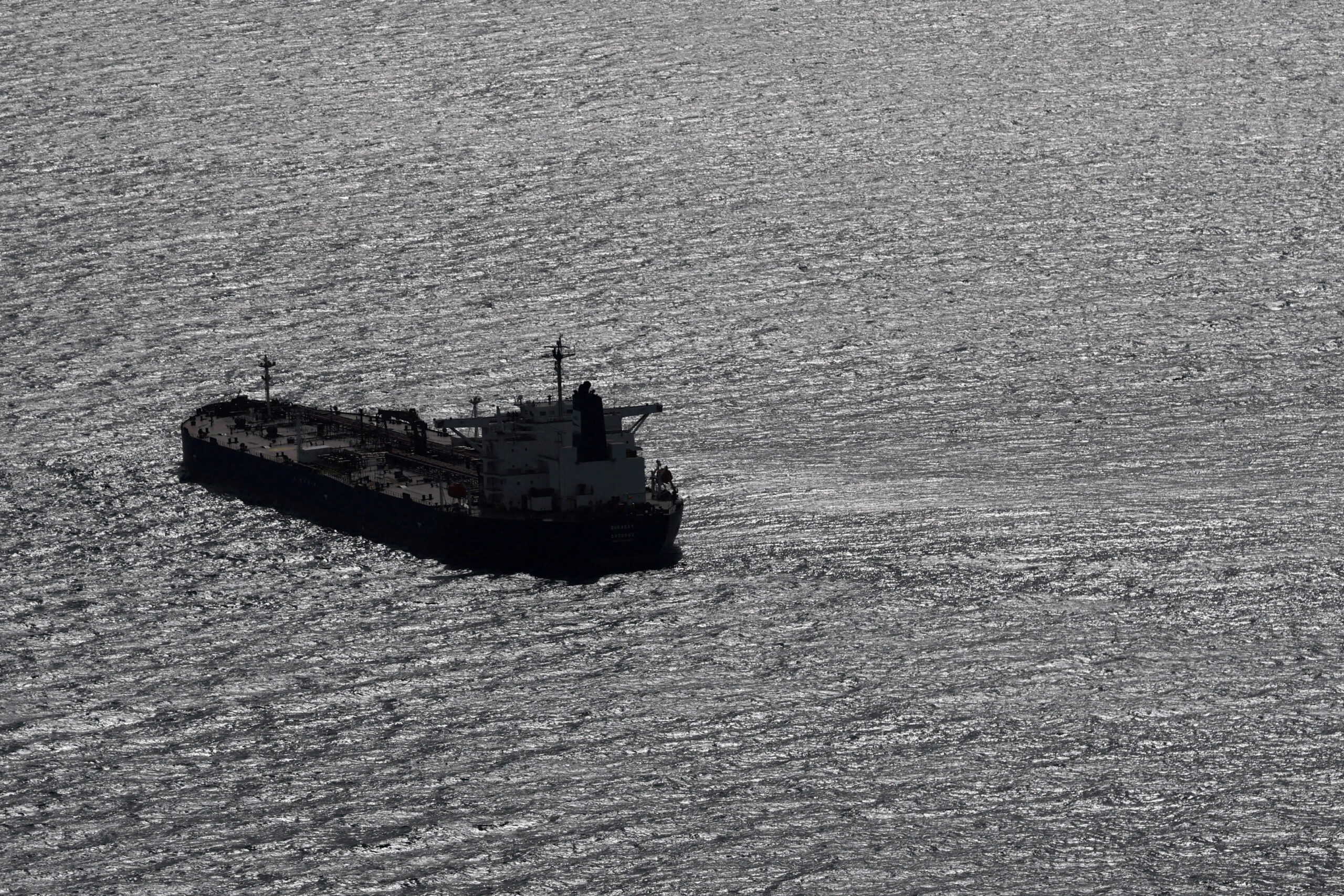UNCTAD Secretary-General Rebeca Grynspan is calling on the shipping industry to redouble its efforts to help get food and fertilizers from the Black Sea to global markets, saying more and bigger ships are needed to prevent a worsening food crisis.
Speaking at a New York navy yard during Global Maritime Forum’s annual summit, Ms. Grynspan said maritime trade is facing a “historic moment of crisis.”
The war in Ukraine has disrupted major shipping routes and supply chains, and also triggered global food, energy and finance crises that have sparked record prices and could push tens of millions more people across the world into hunger and poverty this year.
Grynspan lauded the work already done to help load and transport food and fertilizers from Ukraine under the Black Sea Grain Initiative brokered by the United Nations and Turkey, but she’s now calling on the maritime industry to redouble its efforts.
“I have seen you sail through literally mined waters. I have seen you work the ports in the middle of a war zone,” she said. “There are rougher seas ahead, and we will need your bravery more than ever before.”
The Black Sea Grain Initiative has been successful in bringing down global food prices. As of 12 September, over 2.7 million metric tons of grain and other foodstuffs to move from the Ukrainian ports of Odesa, Chornomorsk and Yuzhny (Pivdennyi).
The UN points out that all the grain coming out of the three Ukrainian ports benefits people in need, as it helps to calm markets and limit food price inflation. The UN Food and Agriculture Organization’s Food Price Index showed double-digit percentage drops in the cost of vegetable oils and cereals in July and a further 1.9% fall in August
“The Black Sea Grain Initiative and the agreement for unimpeded access to Russian food and fertilizers are now proven concepts,” Grynspan said. “But this is only a fraction of what can be done, and what the world needs for prices to come down to affordable levels for the developing countries, or for the world to have enough fertilizers to feed itself next year.”
Even though global food prices are falling, domestic prices in many developing countries are still going up as their currencies struggle to compete with a stronger US dollar, fuelled by rising interest rates.
Grynspan pointed to the price of fertilizer – currently three times higher than the average during the previous decade – as being particularly worrying since it’s the top input cost for many small farmers around the world.
“We have already lost a sowing season in West Africa because of this,” Grynspan said, warning that if the fertilizer market isn’t stabilized, the whole food supply system could be in trouble.
“The food affordability crisis that we are dealing with today may become a food availability crisis next year because of the fertilizer issue if we don’t intervene,” Grynspan said. “We need more ships. We need bigger ships… We need you. The world needs you.”
“The seas are rough. Let’s brave them together,” Grynspan concluded.
Editorial Standards · Corrections · About gCaptain

 Join The Club
Join The Club










